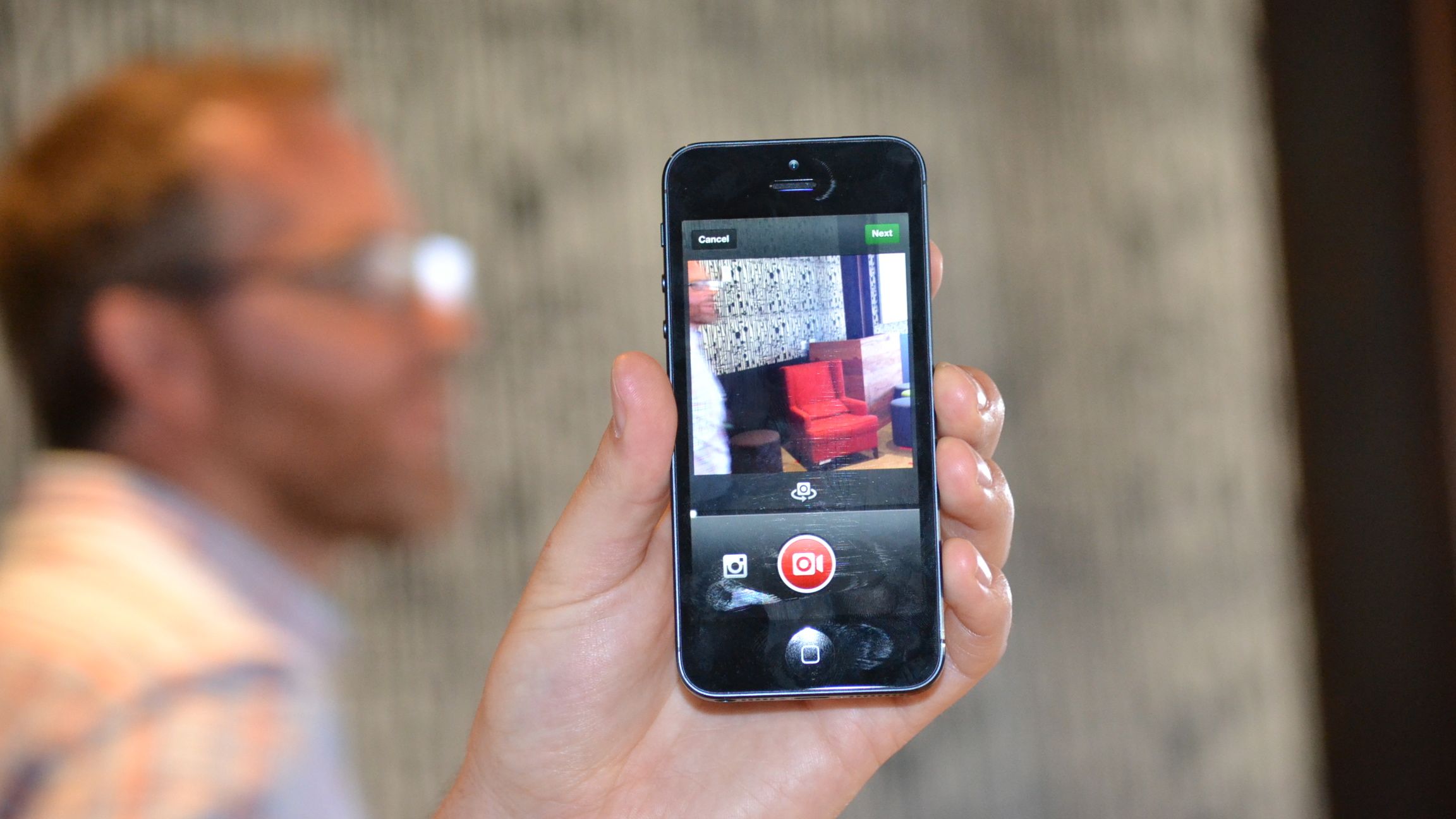The complexities of embracing BYOD in the age of video
Enterprise video can be beneficial in a BYOD environment

Bring-Your-Own-Device (BYOD) is the practice of employees using a personal device to conduct business matters. At its heart it is an understandable desire of employees to simplify and streamline the way in which they digitally engage with their professional environment. Why carry a company mobile device or laptop around for example when you can simply set up an IMAP or POP email program on your personal phone or tablet?
Employees who would rather conduct their business on the devices they are comfortable with are increasingly pressuring their companies to allow this. But whether or not to accommodate this wish can be a complex decision for employers. Releasing sensitive information to independent, potentially insecure devices will always be a hard sell to a CIO or IT department, the guardians of the corporate network.
However, in addition to a substantial reduction in hardware costs, embracing BYOD can afford your workforce a greater degree of mobility. This has the potential to radically increase the efficiency of internal communications, employee engagement and training & development programmes.
Security
Security is often (rightly!) raised as a major issue with BYOD. Permitting new, unmonitored devices to access sensitive corporate data will cause many to question how they can ensure that this newly shared information is made properly secure. In certain sectors where highly sensitive information is a regular occurrence, failure to meet legal requirements for security would render the entire BYOD concept a non-starter.
To cope with the mobility and flexibility of the BYOD format, content distributers have to deploy systems that allow them to remain in firm control of their content, even when the recipient device is offline. Similar DRM protection already exists to protect music, film and gaming IP but BYOD security measures need to go further, embedding stricter usage limitations in the file structure of shared items.
Enterprise video
Enterprise video platforms have the capability to solve these problems. Built in security measures give organisations control over which employees, or devices, have access to specific content. Enterprise video platforms also allow users to securely upload video of their own, allowing them to engage with the wider organisation, and further taking advantage of the technological mobility afforded by BYOD.
Crucially, enterprise video, optimized for a BYOD environment, enables more effective communication between management and staff. For example, enterprise video streamed to mobile devices allows employers to train their workforce and deliver other types of internal messaging without the need for logistically challenging, not to mention expensive, forms of conventional training or in-person communications. As employees become increasingly familiar with the video format it makes sense to take advantage of the BYOD trend as an enabler of this medium to provide them with regular, engaging and fresh content.
Are you a pro? Subscribe to our newsletter
Sign up to the TechRadar Pro newsletter to get all the top news, opinion, features and guidance your business needs to succeed!
Formats and compatabilities
A further potential complication of BYOD that is often overlooked is the fact that personal devices vary considerably. A video file format that is viewable on one operating system may prove useless on another. In this instance a distribution system that supports multiple file compatibilities and formats, and one that is capable of specifically transcoding content to ensure that recipients will have no difficulty viewing it on their particular devices, needs to be an essential aspect of any enterprise video platform.
Although tackling the security issues involved in distributing corporate information to personal devices can seem daunting, with the right provisions in place to protect your content, BYOD can facilitate powerful and contemporary methods of internal communication, reducing overhead expenditure and enabling much improved employee engagement.
- Martin Nurser is an expert in channel and strategic alliance development and management, go-to-market planning, as well as market segmentation and business strategy formulation.